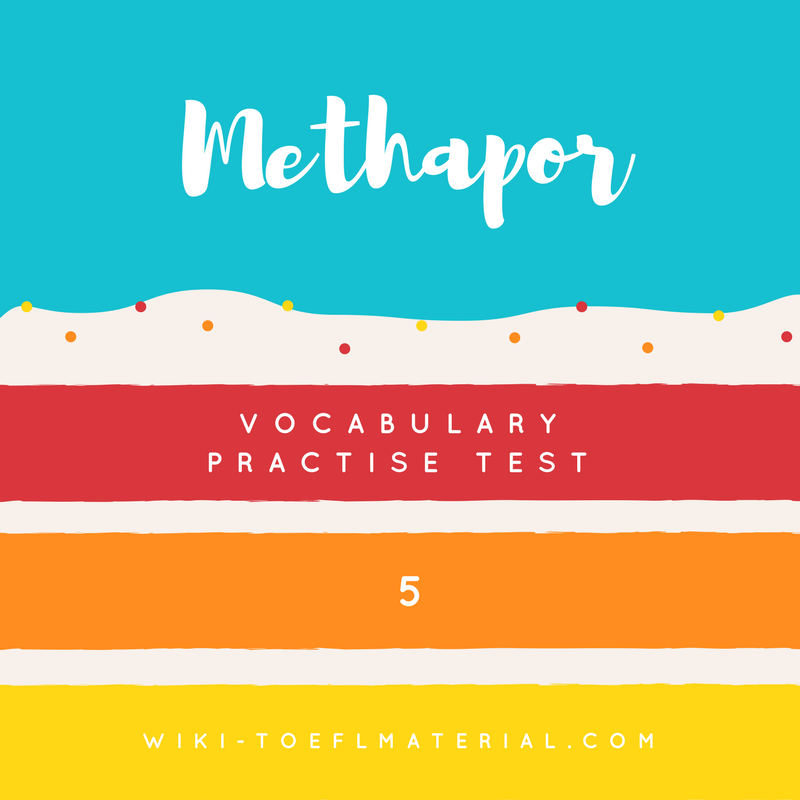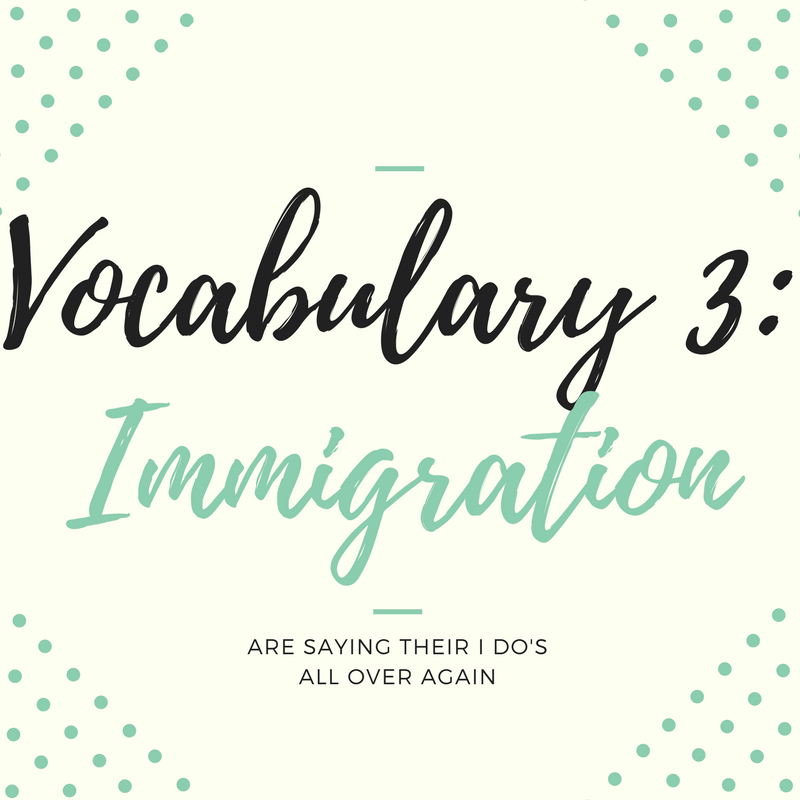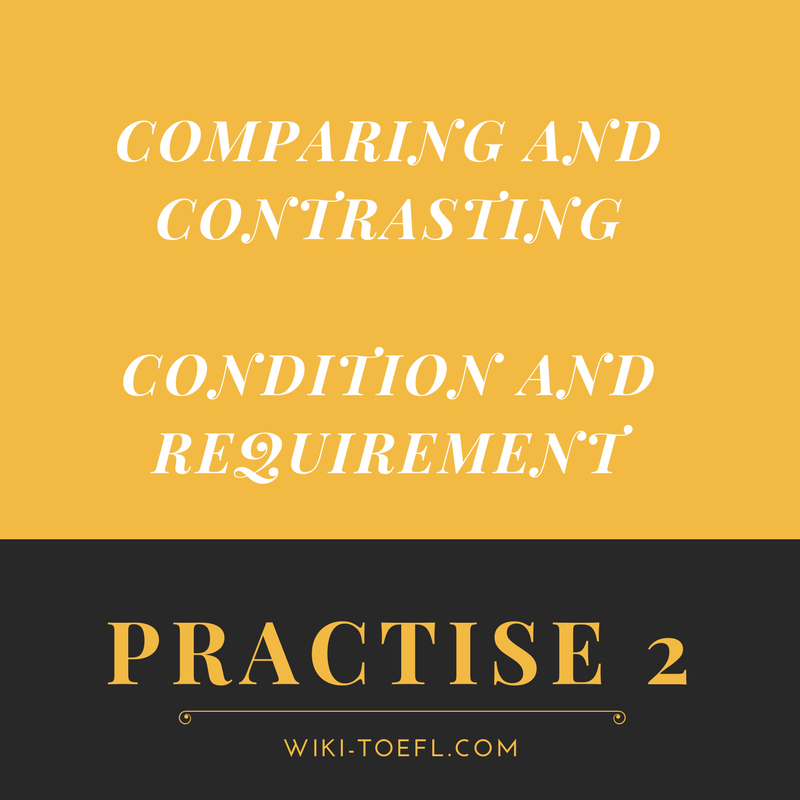ENVIRONMENT
- Environmental problems
Green (issues): A very common synonym for “environmental”
Global warming : An example of man’s effect on the environment The greenhouse effect: Connected to global warming The natural world Deforestation: Cutting down forests
Rainforests : A useful example when discussing environmental problems
- The Environment
An ecosystem: The system where plants and animals support one another (Endangered) species: Examples include the Giant Panda Biodiversity: Variety of plant and animal file in a region A habitat: The natural habitat of an animal is where it lives The planet: A synonym for the Earth The Earth: Note the capital letter and “the”
The natural world: Includes both animal and plant life
- Pollution
Dump waste : If factories dump waste, they illegally deposit (normally dangerous) waste
Acid rain: rain that is “poisonous” because of the poor air quality
Factories and power stations: Two examples of sources of pollution
Carbon Monoxide and carbon dioxide: Names of two gases useful of discussing acid rain and the green house effect
Fumes/Emissions: These are the gases that are produced by cars and factories that cause pollution
Chemicals and fertilisers: Useful examples of products that cause water pollution
(Industrial) waste: We also talk about waste products Air/Water quality: This can be affected by pollution
Smog : An extreme form of air pollution almost like fog
Pollution: Remember “air and water pollution”: other forms of the word include “pollute” and “pollutants”.
I would have said that one of the most serious environmental problems today is of course pollution. It’s a very pressing green issue and if you travel to any of the large cities in China, for example, you’ll find that there is very bad air pollution and there is a layer of smog hanging over the cities. It’s just air pollution, there is also water pollution. in many parts of the world, the quality of the water is not good because rivers have been contaminated by all sorts of industrial waste, by chemicals and fertilisers. And what we need to do is to recycle our waste and take care of the planet and try use renewable resources where we possibly can.
- Our effect on the natural world
When we’re the discussing the environment, it’s important not to forget that our actions have an impact not only on us but on the natural world and other species. So, for example, certain species are now endangered because of our actions. it’s not just because of hunting, but because we have destroyed their natural habitats: they do not enough food or anywhere to live. If we carry on in this way, the biodiversity of the planet is under threat.
- Global warming
What’s the greatest threat to the Earth today? I’d have to say it’s probably a combination of global warming and the greenhouse effect. I don’t understand all the science behind it, but I understand it’s to do with the build up of gases such as carbon dioxide in the atmosphere, which means that the planet is slowly but steadily getting warmer. and one of the results of this is that the polar icecap is melting and the levels of the oceans are rising. And it’s caused I understand by deforestation, particularly of rainforests and particularly in the Amazonian Basin. And what this means is that we may be doing irreparable harm to the planet and the future of the planet for our children and our children’s children looks really rather bleak.





